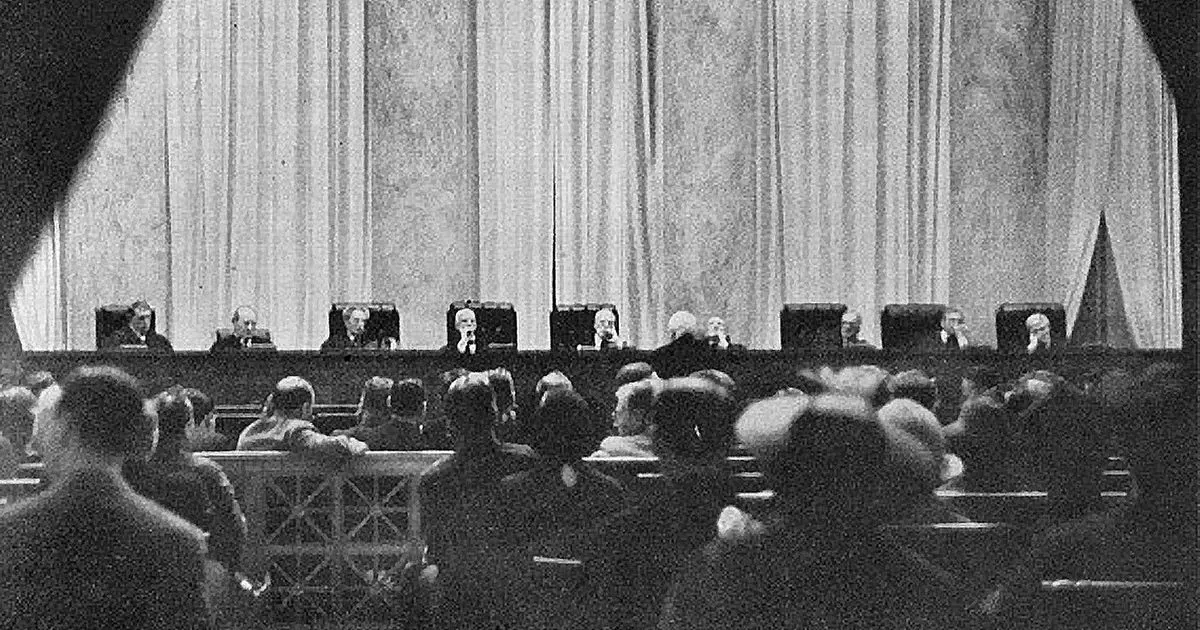The United States Supreme Court commenced its new term on October 7, 2024, tackling a complex procedural issue that could significantly impact federal court jurisdiction. The case, Royal Canin USA v. Wullschleger, centers on whether plaintiffs can amend their complaints to remove federal issues and return to state court after their case has been removed to federal court.
This jurisdictional conundrum has attracted attention from various quarters, including business groups and state attorneys general. The case originated as a Missouri class action regarding allegedly overpriced prescription pet food, but its implications extend far beyond animal nutrition.
The crux of the debate revolves around a footnote in a 2007 False Claims Act case against Rockwell International. Justice Antonin Scalia's footnote suggested that removing federal claims through amendment should not defeat jurisdiction in cases originally filed in state court and subsequently removed to federal court. The precedential weight of this footnote could be pivotal in resolving the current case.
During the arguments, several justices, including Chief Justice John Roberts, expressed skepticism about accusations of forum shopping by plaintiffs seeking to return to their original state court. Justice Brett Kavanaugh highlighted the significance of Scalia's footnote, suggesting that if it carries precedential weight, it could favor the pet food companies.
The case has brought to light the intricate history of the Supreme Court. Established in 1789, the Court has evolved significantly over the years. It initially consisted of six justices, but since 1869, it has maintained its current composition of one Chief Justice and eight Associate Justices. The Court's term, which begins on the first Monday in October, typically sees thousands of petitions, though only about 80 cases are heard each term.
Justice Elena Kagan speculated that Scalia's footnote might have been a last-minute addition to address a 1988 Supreme Court case. This case had granted federal judges discretion to remand removed cases when plaintiffs amended their complaints to eliminate federal issues.
Justice Samuel Alito noted that, except for the 8th U.S. Circuit Court of Appeals in this pet food case, all other federal circuit courts have held that the initial complaint controls the jurisdictional analysis in similar situations. This widespread circuit court precedent adds another layer of complexity to the Court's deliberations.
The arguments also touched upon the proper interpretation of a 1990 statute addressing supplemental jurisdiction, the jurisdictional distinctions between different types of amended complaints, and the tension between defendants' removal rights and plaintiffs' control over their lawsuits.
As the Court grapples with this intricate legal puzzle, it's clear that resolving the issue will require more than just interpreting a footnote. The decision could have far-reaching implications for how federal and state courts interact in the future.
"It's up to you to decide whether or not you would treat it as dicta. I think it's pretty ill-considered."
This case serves as a reminder of the Court's crucial role in shaping American jurisprudence. Since its first session in 1790, the Supreme Court has been instrumental in interpreting the Constitution and federal laws. The phrase "Equal Justice Under Law," engraved on the front of the Supreme Court building, underscores the Court's commitment to fair and impartial justice, a principle that will undoubtedly guide its decision in this complex jurisdictional dilemma.
